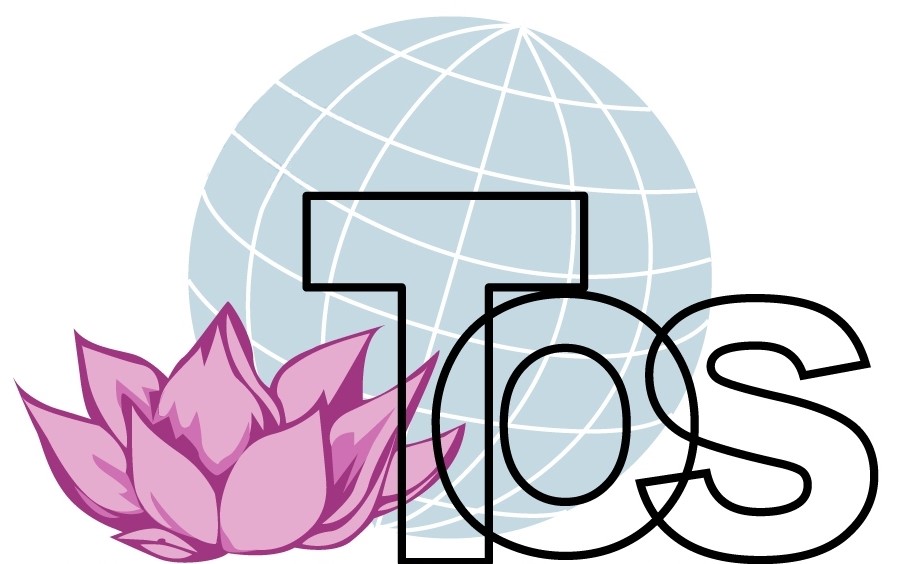Israel-Palestine : Currents of the Wider Middle East
General Topics:
by Rene Wadlow
The recent, 27 November 2007, Israel-Palestine conference sponsored by the US administration at Annapolis has highlighted the need for concerted efforts to bridge the walls of separation between Israelis and Palestinians. The conference also made evident the need to place the Israeli-Palestinian tensions in the context of broader Middle East currents including Iran, Iraq, Turkey, Lebanon and Syria where tensions and difficulties abound. On all these issues, governments and their diplomatic representatives have an important role to play.
Non-governmental organizations and individuals also have a role to play, especially to provide a spiritual aspect that governments have more difficulty to provide. For governments, the spiritual is defined as the religious and the religious is only what the spokespersons of the major religious institutions say it is.
A look at the Middle East shows that the major religious institutions, Islamic, Jewish, and Christian, have often narrow, self-centered positions. Religious authorities often present a harder, less compromising line than government representatives.
Often the voices of compromise, of mutual understanding, of bridge-building are from smaller religious groups such as the Baha’i or from informal groups of spiritually-minded persons. It is much more difficult to reach such people to encourage their efforts than to contact the larger religious movements which have headquarters with street addresses and telephone numbers. Nevertheless, it is probably in such small, informal communities that TOS members would find people “on the same wavelength.” People in the Middle East welcome contact with people from outside the area who are concerned with peacebuilding. This is the theme of my piece: Communication: The Energy of Peace
I have tried to present some of the background of the Middle East tensions so that TOS members and friends can find their most appropriate form of action. Israel-Palestine: Necessary NGO Efforts was written to build a positive momentum for the Annapolis conference when expectations were low. The three main points — the need to bring Hamas representatives into the negotiations; the need to increase the socio-economic wellbeing of the Palestinian people; and the need to develop a wider Middle East Security and Cooperation Organization — seem to me to remain valid guidelines for post-Annapolis action.
In book reviews, I have stressed the role that small, spiritually-motivated organizations have tried to play in Middle East peace efforts. The obvious thought is that as small organizations such as the Society of Friends (Quakers) or the Christian Peacemakers Teams (a Quaker-Brethern-Mennonite effort) can play positive, peace-making roles, the TOS should be able to do things along the same line. We need not model ourselves on the highly professional diplomats of the Roman Catholic Vatican but on small organizations with highly motivated staff.
The reviews on the Quaker and Christian Peacemaker Teams are:
When the Rain Returns: Toward Justice and Reconciliation in Palestine and Israel
Being in the Middle by Being at the Edge
Taking A Stand : A Guide to Peace Teams and Accompaniment Projects
Getting in the Way: Stories from Christian Peacemaker Teams
There are also two reviews on more general non-governmental mediation efforts:
Track II Diplomacy : Lessons from the Middle East
Citizen Summitry: Keeping The Peace When It Matters Too Much To Be Left To Politicians
An approach using guided mediation and creative visualization which can also be used for the wider Middle East is:
Iraq: The Need for Healing Light
Comments and suggestions on articles and reviews are welcome. The dangers of the Middle East situation require the exchange of insights and concerted action. See How to Post your own Article!
